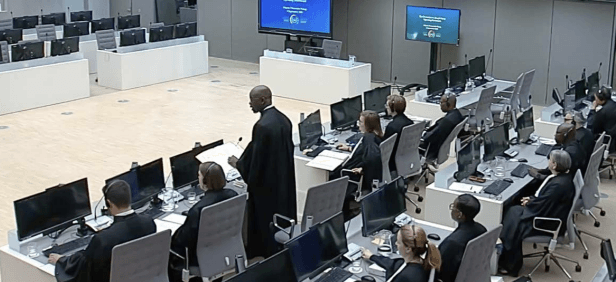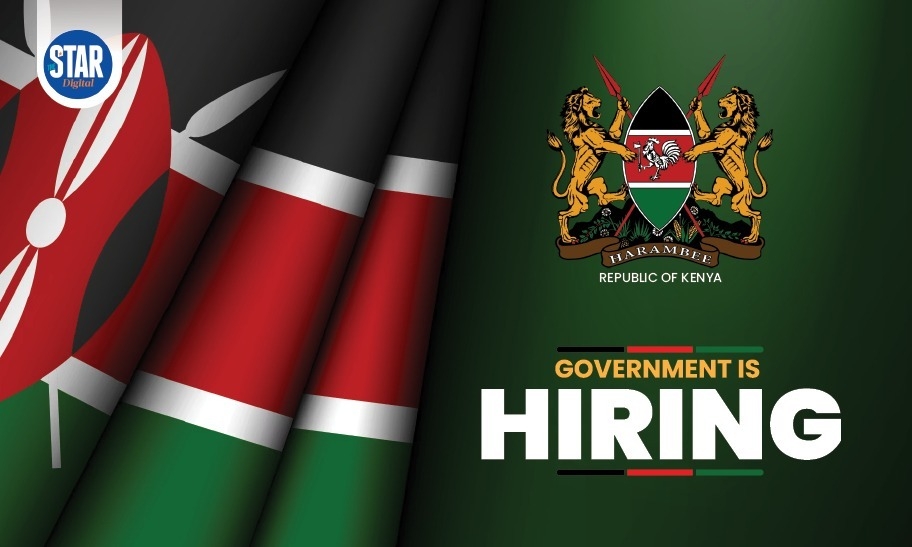Joe Muriuki, an Aids hero, is dead. He was age 62.
He was the first known Kenyan to step forward, endure heartless stigma and declare he had he was HIV positive.
He was age 27 at the time when he was given 90 days at most to live. He hadn't even earned his diploma; he was studying public health.
Muriuki went on for 35 years, dying on Monday at 8pm at Kenyatta National Hospital of oesophageal cancer.
So, when he was still alive after three months, he felt he had a duty to endure the stigma, the shunning and warn people that Aids was very real. Today we know HIV, the virus that causes Aids, is not a death sentence.
Most people didn't know it then.
He would talk about HIV-Aids, trying to educate frightened uninformed people. He warned them that Aids is very real and tried to convince them they wouldn't die if they shook his hand.
He would walk to media houses, go to nervous news desks and tell them he had tested positive for the HIV virus that causes Aids. That was three months after his diagnosis.
His wife Jane had tested negative and was three months pregnant with their third-born son. He was born without the virus.
In multiple interviews with press outlets, both local and international, Muriuki would described how he was a victim of sustained, unjustified stigma.
People refused to touch anything he touched, share anything with him or shake his hand. They turned their backs on him.
His death was announced by the National Empowerment Network of People living with HIV-Aids in Kenya (Nephak).
The organisation said he had stage four of the disease and had been receiving treatment at the national referral facility for two years.
At the time of his death, Muriuki had lived with the virus for 30 years, 27 of which he had refused to take ARVs.
He reasoned his positive lifestyle, good attitude and proper diet had enabled him to maintain a stable T-cell count of more than 400.
"It was more to do with my attitude, more to do with the involvement with my work and also not being distracted," he would say when asked why his health and appearance did not change despite expectations of deterioration and emaciation.
His wife had lost her job, of course. She, too, gave in to the popular perception that it was just a matter of time before Muriuki would die. She, too, endured discrimination.
Because their father was so well known, his children suffered, too. They missed having playmates, just as Covid-19 people and their children have been shunned.
Despite the unrelenting bias, Muriuki determined to speak out about the virus, create awareness and try to beat back the stigma.
"My aim was to set the proper perspective of living with HIV. [Currently] it is completely different from what was prevailing at the time," he said.
Muriuki went a head to live his life to the fullest.
He progressed academically, earned his master's degree and eventually his PhD in public health.
Muriuki served at the HIV tribunal as a representative of people living with HIV. He was a member of the regional task force that formulated the East African HIV and Aids Management Act.
In 2017, he unsuccessfully applied to be nominated to the East African Legislative Assembly to represent people living with HIV.
Nephak executive director Nelson Otuoma told the Star Muriuki's death was sad, saying he had selflessly used his life as example in fighting stigma.
"This is someone who broke the stigma, accepted his status. All HIV services are free. But for cancer, treatment is very expensive.We did fundraising, but it was not enough.
"This is a very sad day."
(Edited by V. Graham)
“WATCH: The latest videos from the Star”











